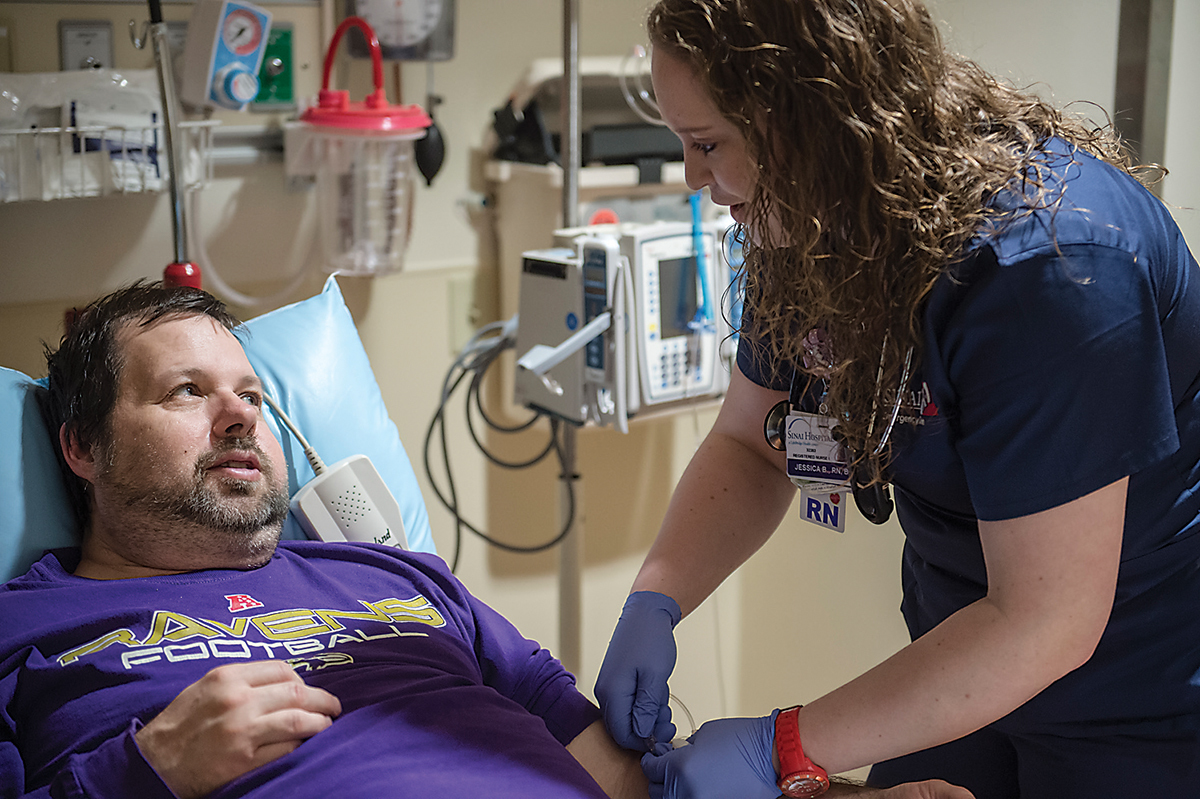

In London, there are course centres in all 4 London networks.
#Trauma nurse full#
In this respect the ATNC is unique in the UK in being able to combine with full medical ATLS course and promote multidisciplinary learning in the management of the trauma patient.

Together, the ATNC candidates and doctors undertake the two and a half day Advanced Trauma Life Support Course (ATLS). The "team approach" is encouraged through shared learning with 16 doctors on each course. The Advanced Trauma Nursing Course (ATNC) is a four day course for 12 - 16 registered nurses, paramedics and Operating Department Practitioners which aims to provide the skills and knowledge necessary to care for the trauma patient, safely and effectively. Susana Lucena-Amaro, Senior Sister ACCU and Honorary can be made through the City University portal Advanced Trauma Nursing Course Julie Whittaker, Senior Sister ACCU and Honorary Lecturer This course runs once a year every January – dates for 2020 to be confirmed Once the patient has entered the critical care setting, it is essential that health care practitioners have the necessary knowledge and skills needed to ensure ongoing assessment, identification of problems, the ability to access expert help and to assist the patient on the road to rehabilitation.Įxperienced critical care nurses working within a major trauma centre The purpose of this module is to enable critical care nurses to effectively apply principles of care to the person who has been admitted to a critical care setting following a traumatic injury. Leading and expert clinicians in trauma care will be involved in the teaching of this module. It is taught on site at the Adult Critical Care Unit (The Royal London Hospital). This is a 15 credit academic module (levels 6 and 7) offered in collaboration between City, University of London and Barts Health NHS Trust. The course currently runs at least once a year.įor more information please contact: Major Trauma: Critical Care Patient Management ( NM3305 / APM046) It is hoped that this will further prepare our nurses to consider not only the traumatic injuries of the patient, but the impact that trauma has not only on the patient themselves but their family and the wider community. elderly, those with dementia, learning disabilities breaking bad news, violence reduction/youth worker engagement and medico legal considerations are all included. Sessions on patients with complex needs e.g. It also means the course includes topics outside the standard framework of other trauma courses.


The patient is at the heart of this course, and to underpin this a trauma survivor is invited to speak to the candidates on the first day. The faculty includes senior ED nurses, EM Consultants, Pre-hospital (HEMS) Consultants, Trauma Surgeons, Trauma Survivors, Specialist trauma and HEMS nurses, SIM facilitators and fellows. This course runs over 7 days in association with the Education Academy.īand 5 nurses who are on the Emergency Department (ED) Development Program are eligible to attend the course, along with new members of the ED team who are Band 6 or above who do not have a trauma nurse qualification. The simulations are unique, in that they were specifically written and designed to bring meet the learning needs of the senior nurse (nurse one) at any MTC level trauma call. The course combines didactic teaching sessions, workshops, simulation training and technical skills. It is underpinned by the Advanced Trauma Life Support (ATLS) principles, NICE guidelines, and TQUiN competencies. This in-house trauma course was developed to reflect the complexity of trauma patient care within the Emergency Department (ED) of a Major Trauma Centre in a way that matches how 21st century nurses learn and attain knowledge. Royal London Emergency Department, Barts Health NHS Trust ( North East London and Essex Trauma Network) Previous information about the module can be found here. Kingston/ St Georges Universities also run this module (at graduate and post-graduate level) which aims to explore in detail the principles and practice of adult polytrauma patient care following their primary survey and admission to intensive care. Kingston/ St Georges Universities run both an undergraduate and post-graduate module which aims to develop participants’ core knowledge and skills relating to the assessment, initial management and care of the polytrauma patient.Ĭurrent information about the module can be found Here. Trauma Care: Initial Assessment and Management


 0 kommentar(er)
0 kommentar(er)
